Psoralen: A Phytochemical to Avoid in Skincare?
For at least 3,000 years, plants containing psoralen are thought to have been used as natural skin remedies, fragrances, and dyes/colourants. The psoralens are furocoumarins (a type of phytochemical) that are very common in day-to-day life as they exist in many plants like celery, fig, carrots, parsley, and bergamot.
Psoralen in Medicine and Dermatology
An understanding of the medical potential of psoralen began to develop in the late 1940s. As knowledge grew, so did the pharmaceutical and clinical applications. Psoralens cause the skin to be more light-reactive for a short time.
In healthcare, specifically dermatology, psoralens are drugs administered as part of a therapy called PUVA. The term "PUVA" is an acronym for "Psoralen + ultraviolet light A."
PUVA therapy is a type of phototherapy used to treat psoriasis, other severe skin conditions. PUVA treatment is often called phytochemotherapy. Treatment requires the patient to ingest a light-sensitizing medication (the psoralen) before exposure to UVA light rays. The drug psoralen is usually taken orally or sometimes as a topical soak for people with these severe skin conditions.
In combination with ultraviolet radiation, psoralen is a medical treatment with many potential risks, including skin cancer. There have been reports of psoralen abuse in an attempt to use its sun-sensitizing nature to enhance the tanning process. This type of abuse, psoralen tanning, is of extreme risk and should never be considered. The consequences could be dire, and include severe burns and skin loss.
Psoralen in Natural Skincare Products
Psoralen for severe skin diseases is a medical therapy. When it comes to cosmetic skincare, psoralen is an undesirable bystander in the extraction process of various seed extracts and oils.
When any essential oil or cold-pressed oil is prepared from a plant or seed, the harvested product contains good and not-so-good phytochemicals. This is why essential oils are so irritating for so many people - the extracts are more volatile and contain more active compounds.
This is a good and a bad thing.
Extracting oils for cosmetic use means you want the phytochemical goodness to be preserved: antioxidants, vitamins, fatty acids, etc. However, many of these oils contain components at high risk of irritation, allergy, and sun sensitization.
Babchi oil (Psoralea corylifolia) is the perfect example. The raw oil extracted from the bakuchi plant contains many phytochemicals: psoralen, Bakuchiol, limonene, linalool, angelicin, α-elemene, isopsoralen, corylin, and many more. These active phytochemicals are all of interest for cosmetics and potential medicinal uses.
Compounds like limonene and linalool are common to many plants and responsible for their fragrance. Compounds like Bakuchiol have been shown to have good cosmetic results and no significant side effects. Compounds like psoralen have medical benefits but risks and many side effects. Due to the risk of photosensitization and the lack of standardization, babchi oil vitiligo treatment is not recommended.
If you're looking for 100% natural carrier oils, you might prefer to use babchi seed oil on your skin. However, this means you will get *much less* of the desirable cosmetic phytochemical (Bakuchiol) and *much more* of the potentially dangerous one(s). Babchi oil side effects are not seen in all users as the concentration of psoralens present is still relatively low.
If Bakuchiol is what you're hoping to use on your skin, there are much better and more reliable products for your skin that won't contain the added risk of psoralen exposure.

Image source: bakuchiol.net
Taking Green Beauty to the Next Level
This is where science, ingredient refining techniques, and different extraction methods are helpful. A consumer can look for a natural cosmetic product with more advanced ingredients to achieve a better cosmetic result. Using more advanced science to fine-tune and perfect the end product is why beauty brands and cosmetic chemists exist.
If you want to use Bakuchiol on your skin, you can opt for a product that contains babchi seed oil. However, you're at risk of potential side effects and a lower chance of seeing a cosmetic result. In this article, we discuss Bakuchiol and some of the controversies about product marketing at great length.
As a brand, we think taking green beauty to the next level is the best approach to making natural products more effective. There are many Bakuchiol-containing products and our age support bakuchiol serum is one great option.
Thoughts?
When you're shopping for your skincare, do you want things to be as close to nature at all costs? Or do you look for an approach that uses the best natural and scientific ingredient worlds?
Farber EM, Abel EA, Cox AJ. Long-term Risks of Psoralen and UV-A Therapy for Psoriasis. Arch Dermatol. 1983;119(5):426–431.
Becker SW. USE AND ABUSE OF PSORALENS. JAMA. 1960;173(13):1483–1485.
ELLIOTT JA Jr. The treatment of vitiligo with 8-methoxypsoralen. South Med J. 1956 Jul;49(7):691-7.
Wolff K. Side-effects of psoralen photochemotherapy (PUVA). Br J Dermatol. 1990 Jun;122 Suppl 36:117-25.
Nettelblad H, Vahlqvist C, Krysander L, Sjöberg F. Psoralens used for cosmetic sun tanning: an unusual cause of extensive burn injury. Burns. 1996 Dec;22(8):633-5.
Uikey SK, et al. Intern J Phytomed 2010;2:100-7
Bakuchiol, a novel monoterpenoid G. Mehta, U.Ramdas Nayak, Sukh Dev ; Tetrahedron Letters ; 1966
Dr. Heather Smith developed her love for skinimalism and clean beauty years ago when she began making home remedies for her newborn's eczema. She is an expert in natural ingredients and active botanicals and has now launched bareLUXE Skincare - a full line of effective oil serums. She dedicates this blog to consumers who are researching ingredients and working to make their beauty ritual more natural and sustainable.

MEDICAL DISCLAIMER
This content is for informational and educational purposes only. It is not intended to provide medical advice or to take the place of such advice or treatment from a personal physician. All readers/viewers of this content are advised to consult their doctors or qualified health professionals regarding specific health questions. Neither Dr. Smith nor the publisher of this content takes responsibility for possible health consequences of any person or persons reading or following the information in this educational content. All viewers of this content should consult their physicians about their skincare concerns and routines.


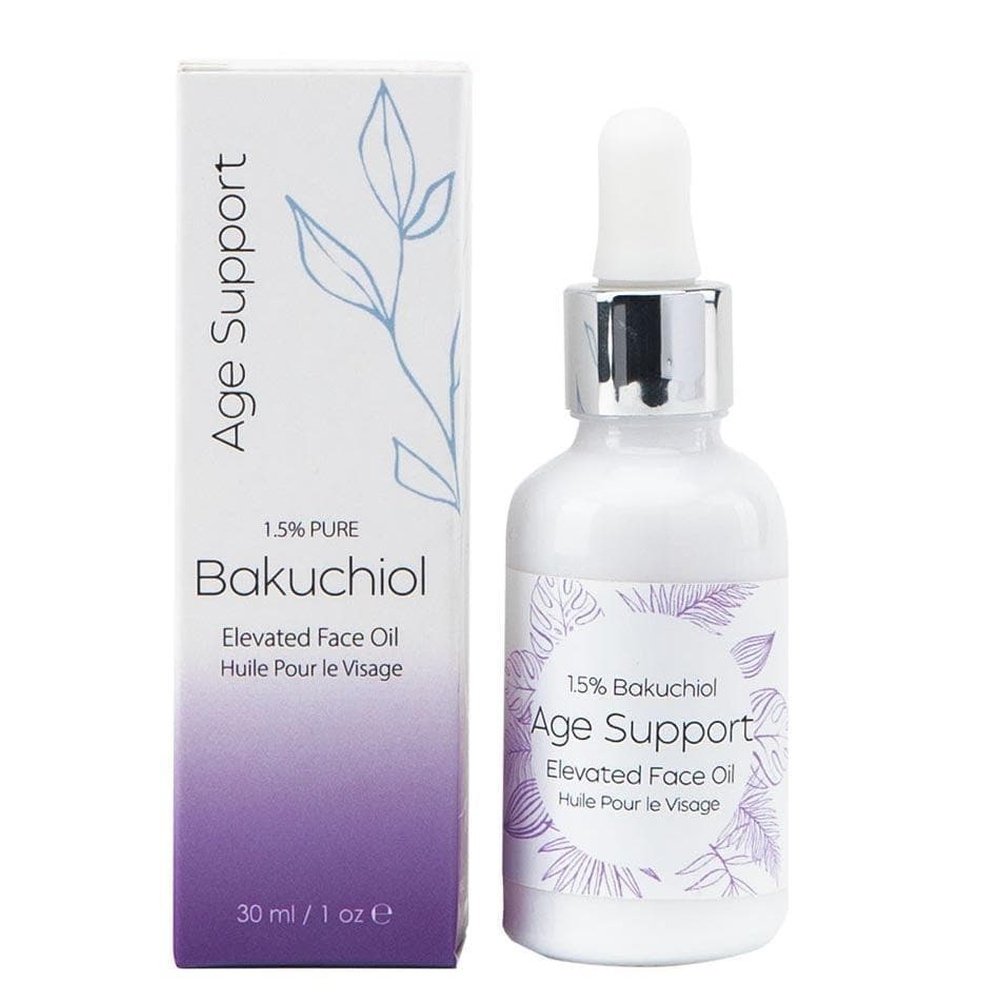
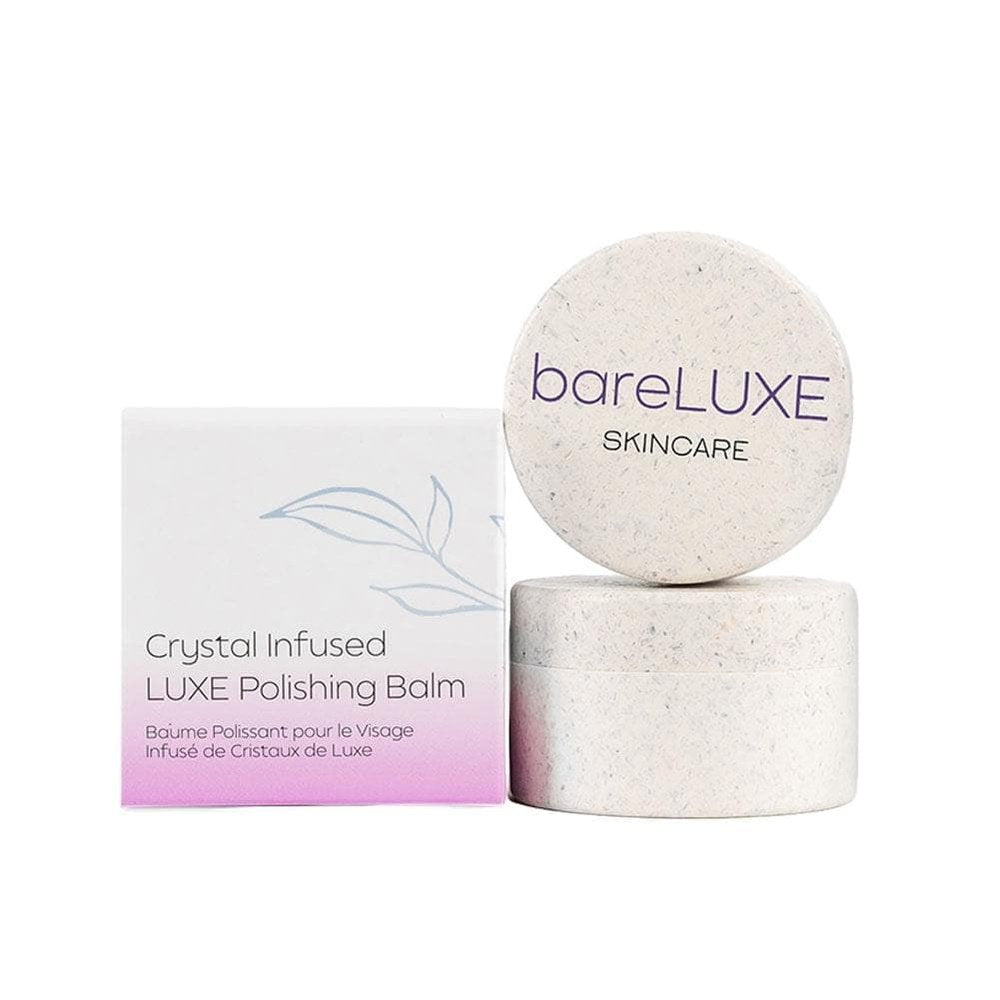
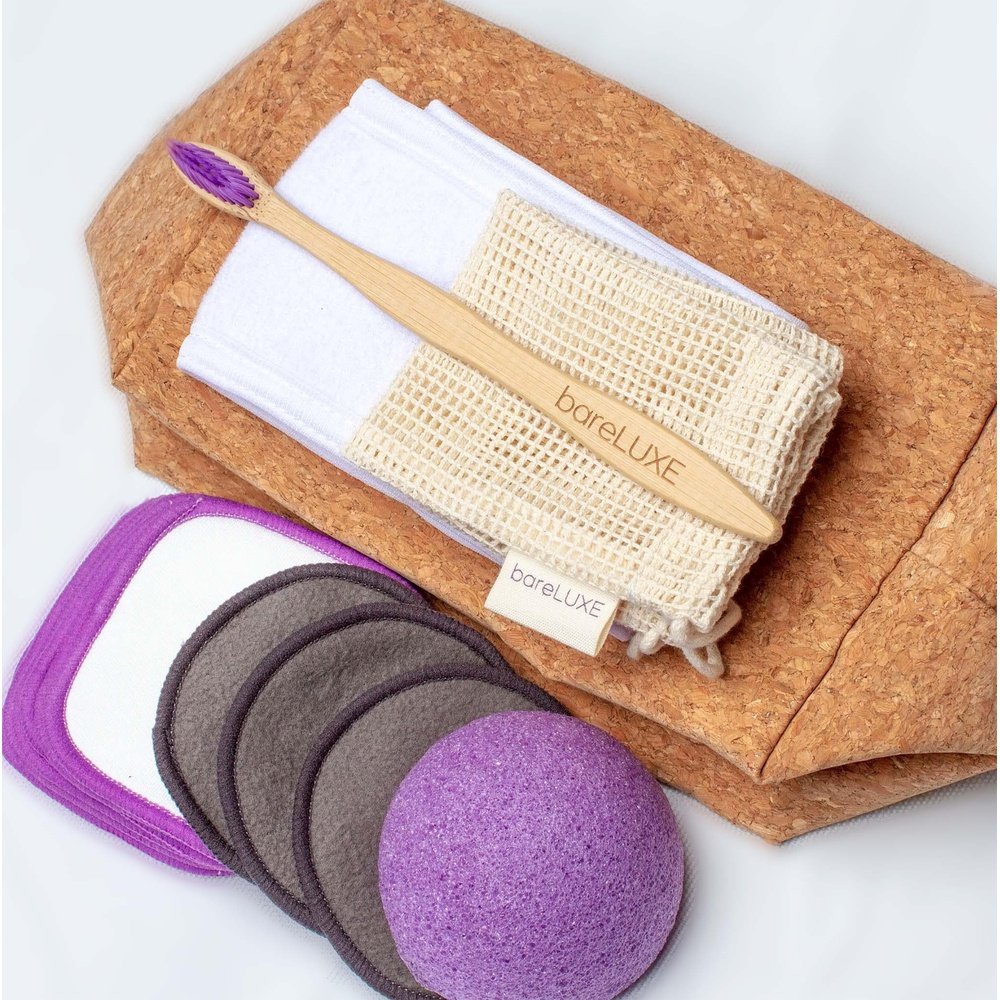
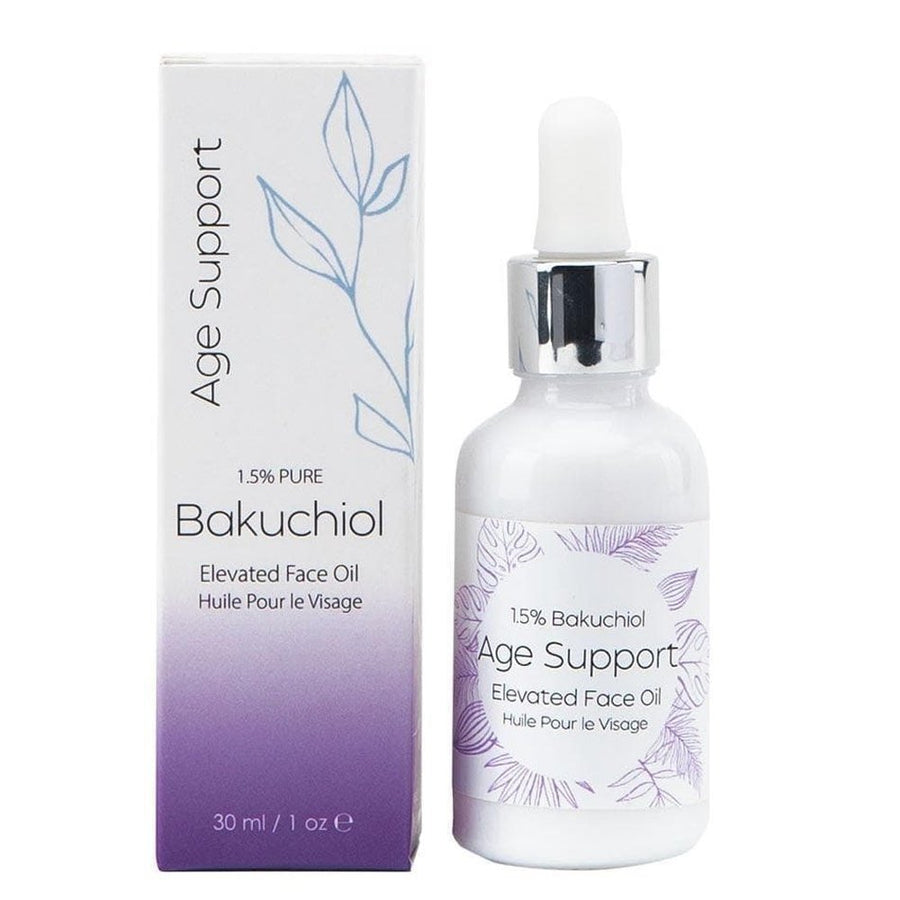
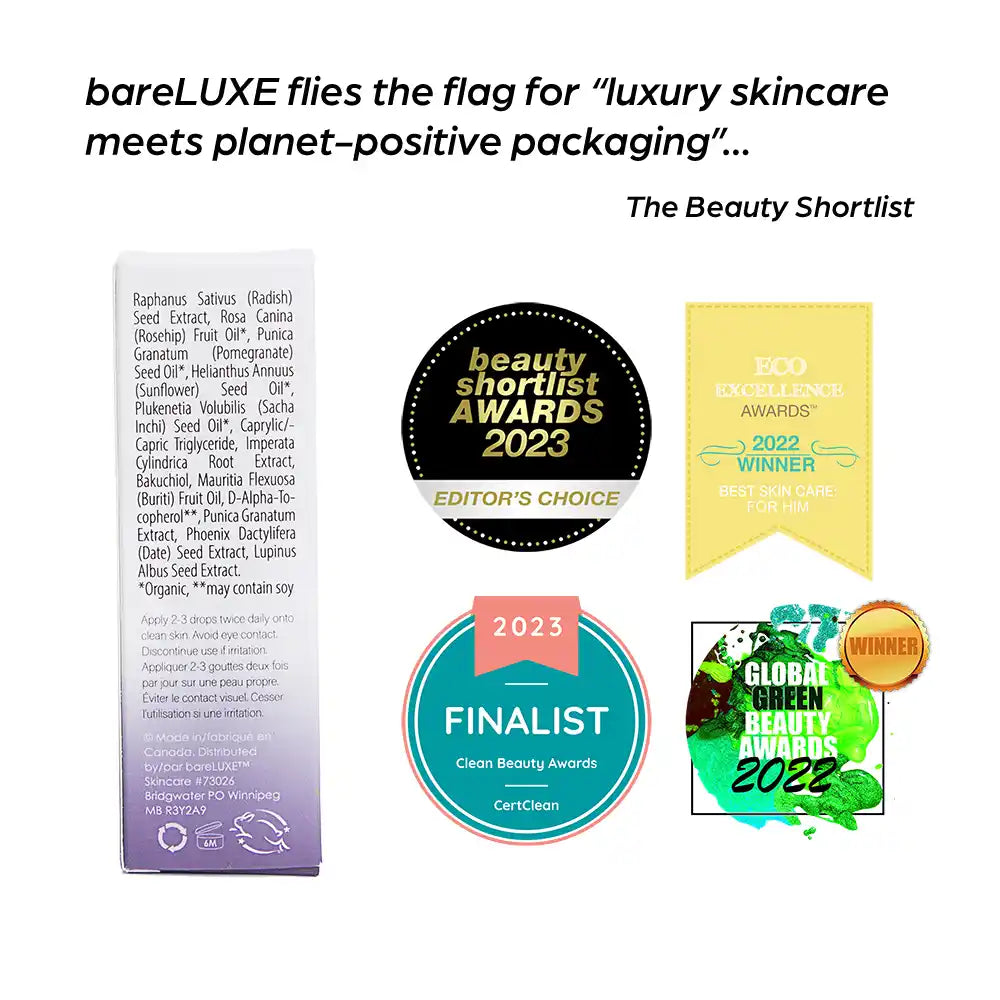
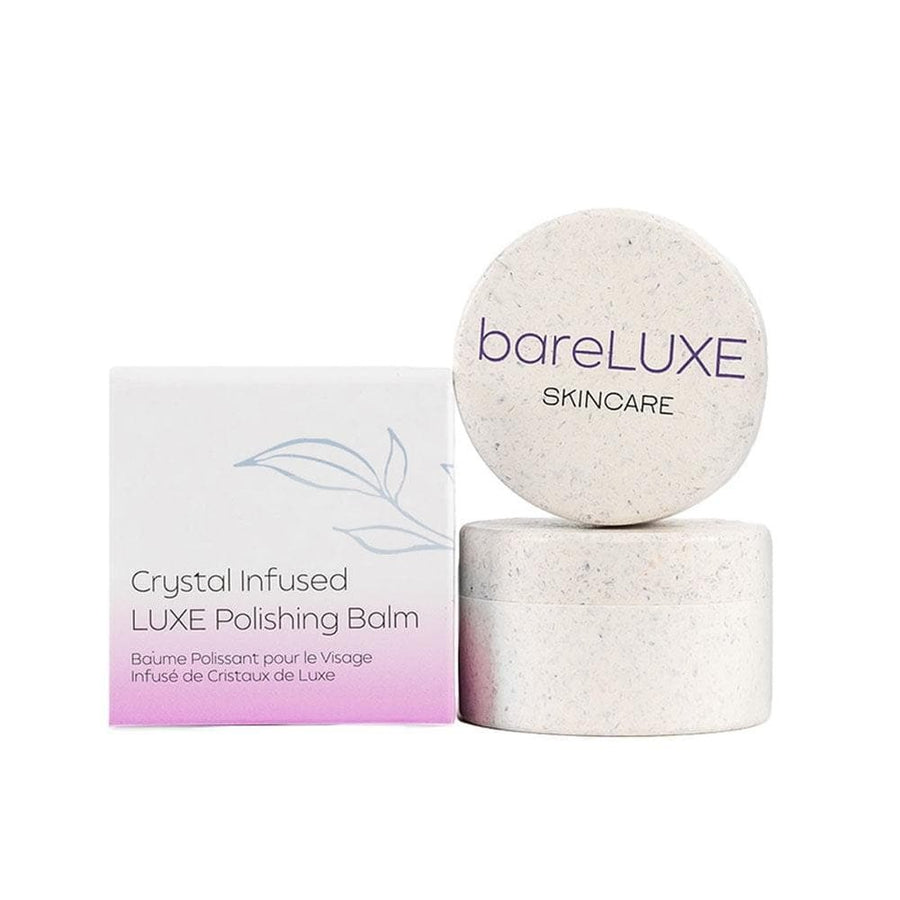
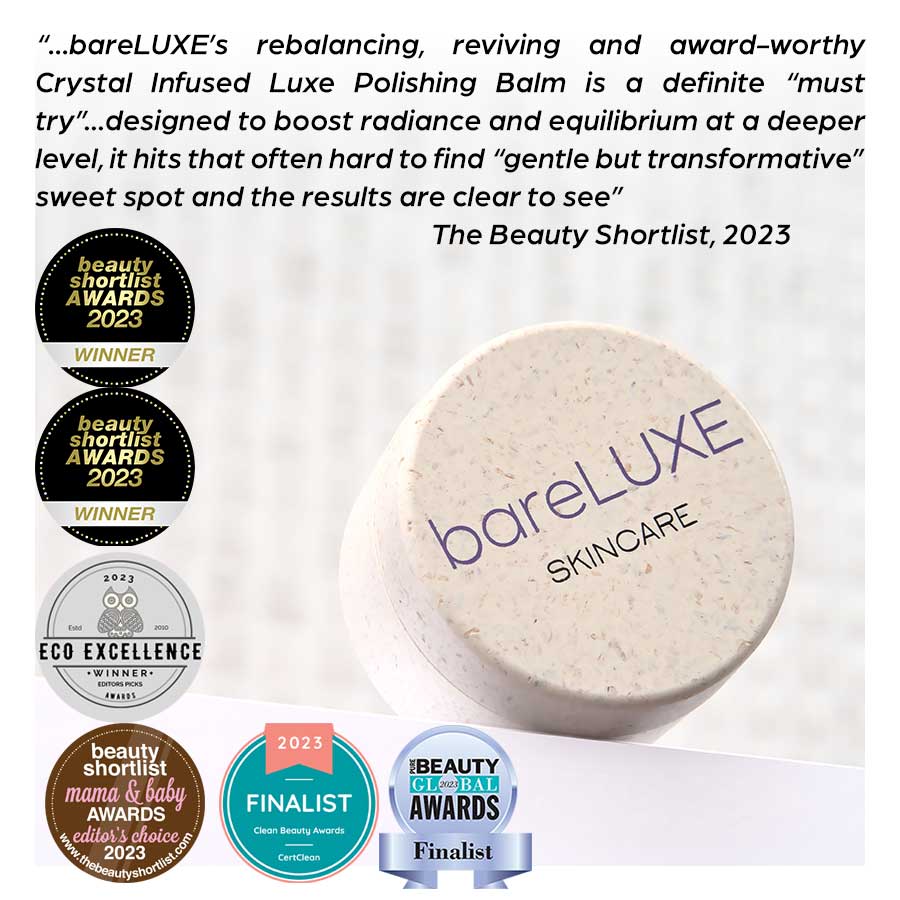
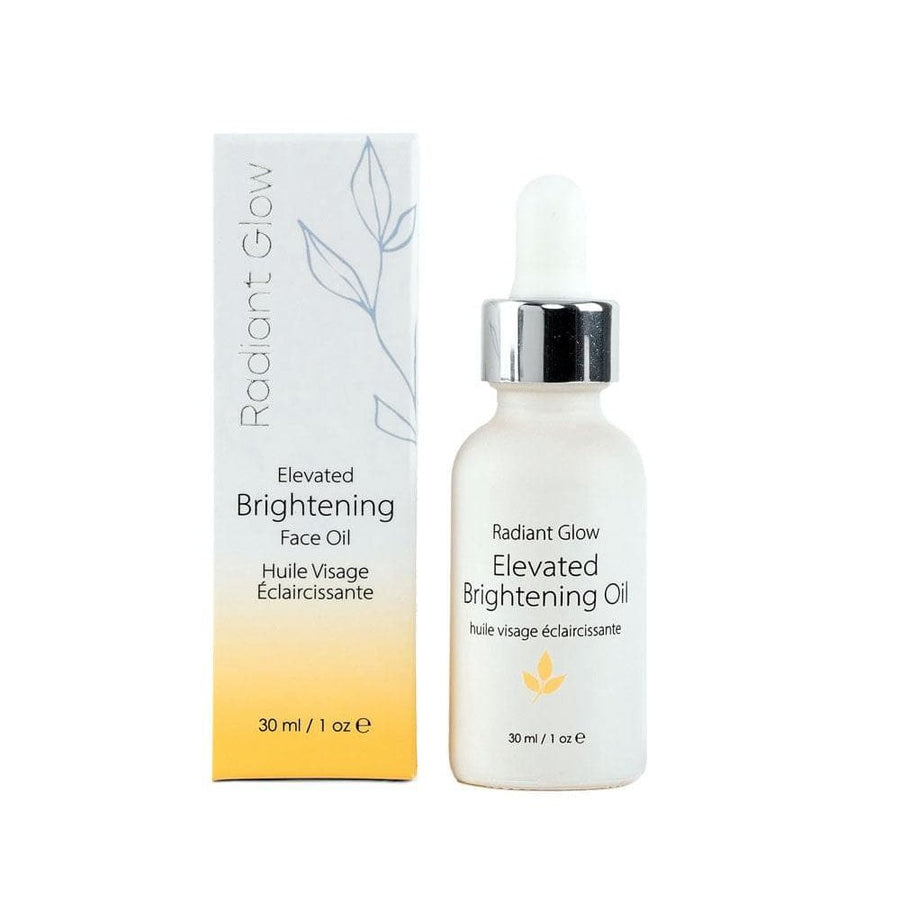
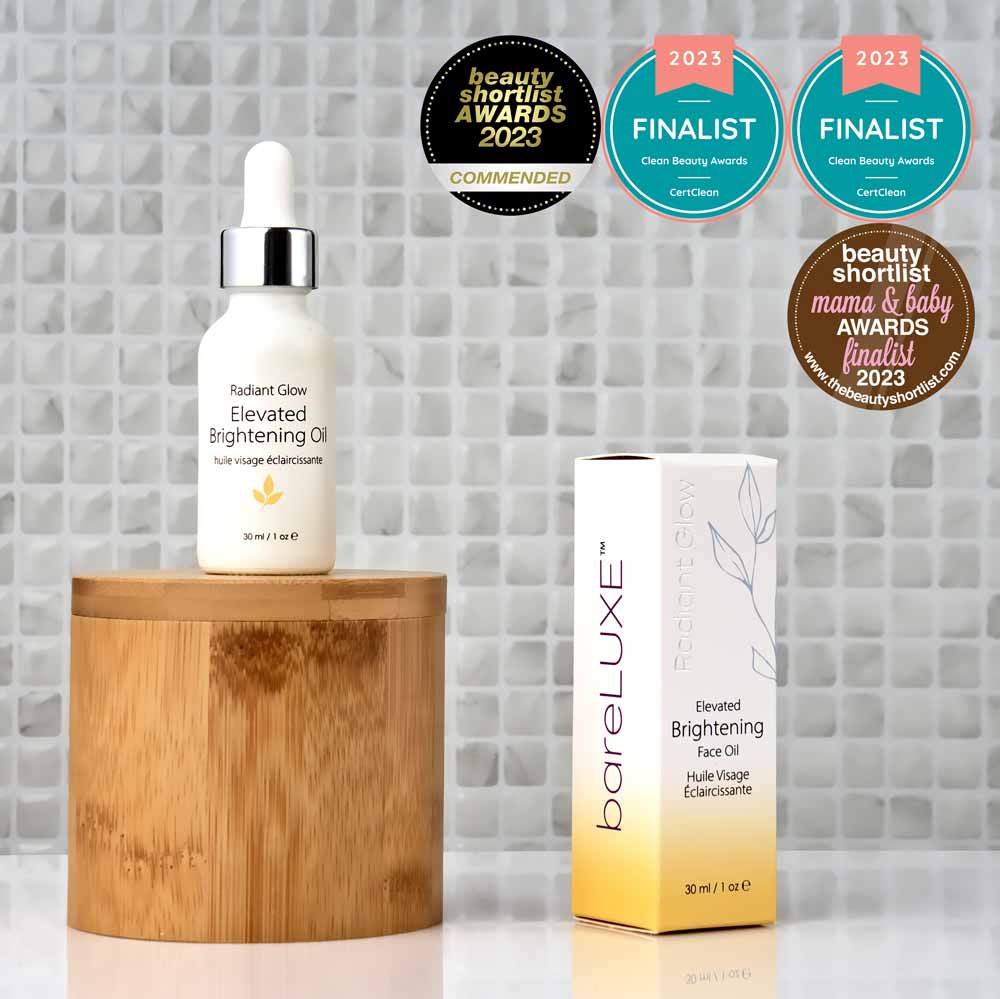
Leave a comment